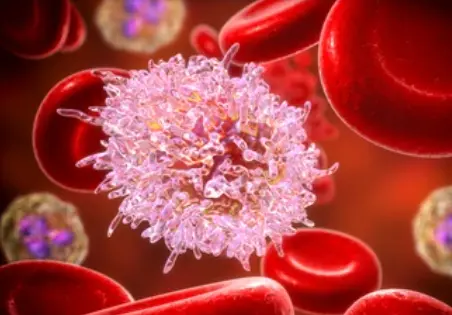 Welcome
Welcome
“May all be happy, may all be healed, may all be at peace and may no one ever suffer."
Polycythaemia vera - Generics
Polycythemia vera is a rare blood disorder characterized by the overproduction of red blood cells in the bone marrow. This condition can also cause an overproduction of white blood cells and platelets, leading to an increased risk of blood clots.
Symptoms of polycythemia vera can vary, but may include:
- Fatigue
- Headaches
- Dizziness or lightheadedness
- Shortness of breath
- Itching, especially after a warm shower or bath
- Vision changes, such as blurred or double vision
- Joint pain or gout-like symptoms
- Enlarged spleen or liver.
Polycythemia vera is often diagnosed through blood tests, which can show high levels of red blood cells, white blood cells, and platelets. Other tests, such as a bone marrow biopsy, may also be necessary to confirm the diagnosis.
Treatment for polycythemia vera aims to reduce the risk of blood clots and manage symptoms. This may include medications, such as aspirin or blood thinners, to reduce the risk of clotting, as well as phlebotomy, a procedure to remove excess blood from the body. In some cases, chemotherapy or radiation therapy may be necessary to reduce the number of blood cells.
It is important for individuals with polycythemia vera to receive regular monitoring and follow-up care, as the condition can increase the risk of serious complications, such as stroke or heart attack.

Runny nose

Rapid eye movement behavi...

Acute necrotizing ulcerat...

Imaging of the GI tract

Periodontitis

Acute promyelocytic leuke...

Lichen simplex

Diffuse scleroderma
Polycythaemia vera, পলিসিথেমিয়া ভেরা
To be happy, beautiful, healthy, wealthy, hale and long-lived stay with DM3S.